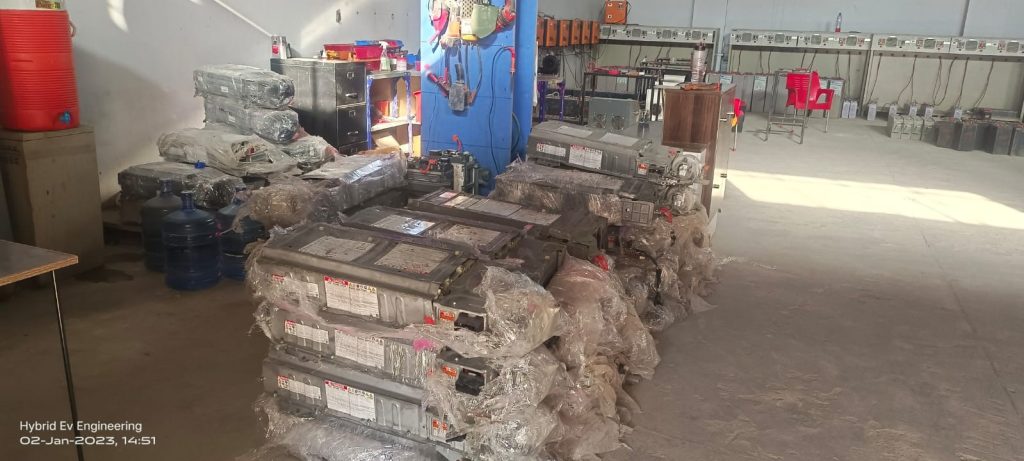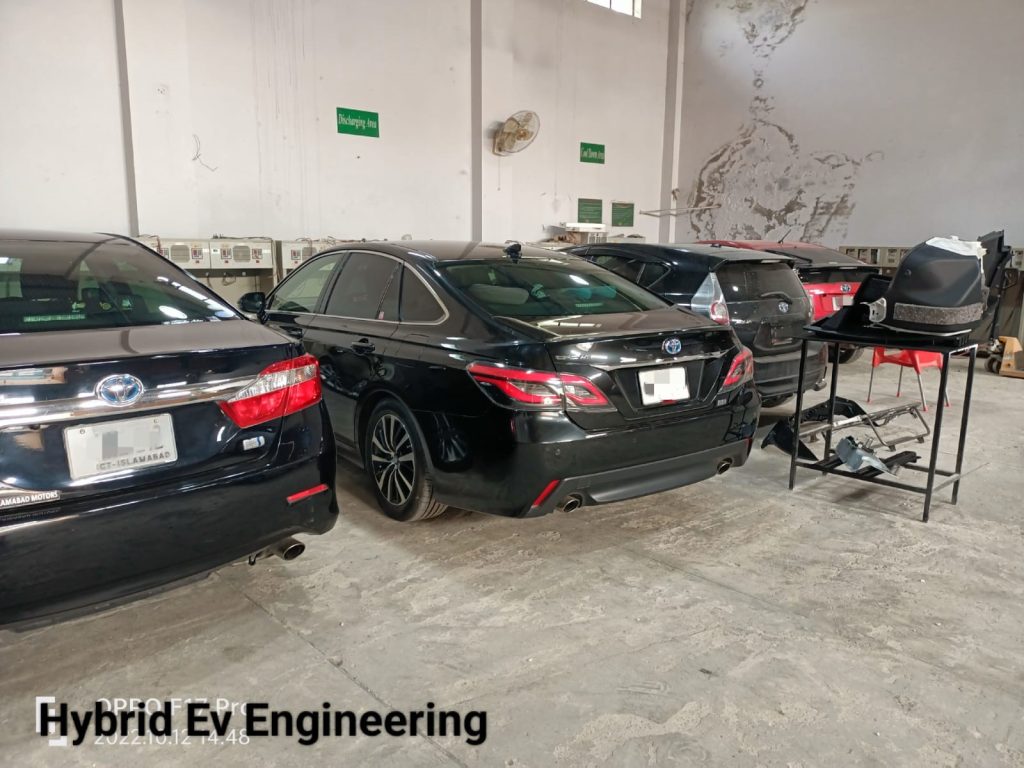Why Hybrid Batteries Fail Early in Pakistan
Understanding the Challenges and Solutions
Hybrid vehicles are celebrated worldwide for their eco-friendly attributes and superior fuel efficiency. However, in Pakistan, these eco-conscious automobiles face a unique set of challenges that often lead to early hybrid battery failure.
The combination of extreme weather conditions, a lack of proper maintenance, air quality issues, the availability of low-quality replacement batteries, and specific driving conditions can contribute to a shorter lifespan for hybrid batteries.
In this in-depth blog, we’ll delve into the multifaceted reasons behind early hybrid battery failure in Pakistan, as well as explore the solutions to overcome these challenges.
The Culprits Behind Early Hybrid Battery Failure
1. Extreme Temperatures:
Pakistan is known for its wide temperature range, with scorching heat being a common occurrence, especially during the summer months. While hybrid vehicles have advanced cooling systems to combat temperature fluctuations, hybrid batteries are inherently sensitive to such extremes.
Prolonged exposure to extreme heat can cause the battery to overheat, degrading its capacity and overall performance. Simultaneously, cold weather can diminish the battery’s efficiency, leading to an accelerated aging process.
These frequent temperature swings in Pakistan can significantly contribute to premature hybrid battery failure. To mitigate these challenges, Hybrid EV Engineering has introduced a unique solution: cell balancing services for every year to ensure longer battery life, especially in Pakistan’s challenging climate.

2. Lack of Maintenance:
One of the key contributing factors to early hybrid battery failure is the lack of proper maintenance. Hybrid vehicles, like any other car, require regular check-ups and servicing to ensure all components function optimally.
Inadequate maintenance or the complete absence of it can lead to issues that directly impact the battery’s lifespan. Routine inspections and maintenance of the hybrid system can go a long way in preserving the health of the battery and extending its operational life.
3. Air Quality:
In some urban areas of Pakistan, air pollution levels are alarmingly high. Poor air quality can have a detrimental impact on the hybrid system, specifically through the clogging of air filters.
When the air filters become congested, it reduces the efficiency of the hybrid system, thereby putting additional stress on the battery. This not only hampers performance but also accelerates battery wear and tear.
4. Low-Quality Replacement Batteries:
When hybrid batteries require replacement, the availability and quality of replacement batteries in the market can vary significantly.
Opting for subpar or low-quality replacements may not perform as effectively as the original batteries, leading to quicker battery failure. Choosing high-quality replacement batteries is essential to ensure the longevity of the hybrid system.
5. Driving Conditions:
The nature of driving in Pakistan, particularly in congested urban areas and hilly terrain, can be tough on hybrid batteries. Frequent stop-and-go driving or navigating challenging terrains can lead to more frequent battery cycling, potentially reducing its lifespan.
While it is challenging to control driving conditions, being aware of these factors can help in adopting a driving style that is gentler on the battery.

6. Environmental Factors:
Environmental conditions, such as dust and pollution, prevalent in certain areas of Pakistan, can accumulate on the battery and other critical components, negatively affecting their performance and longevity.
Routine cleaning and proper maintenance are crucial in mitigating the adverse effects of environmental factors on the hybrid system.
The Way Forward: Lithium-Ion Technology
While older hybrid models, particularly those produced between 2004 and 2016, predominantly employ NiMH (Nickel-Metal hydrogen) technology, which tends to be more susceptible to the challenges posed by Pakistan’s conditions, advancements in hybrid battery technology offer a more promising future.
Modern hybrid batteries, particularly those using lithium-ion technology, have made significant strides in improving durability and longevity in various conditions. Hybrid EV Engineering is at the forefront of this advancement, actively working on Lithium-Ion technology with original systems.
This eliminates the need for cut-and-weld replacements and promises a more robust and efficient solution to the battery challenges posed by Pakistan’s environment.
Conclusion
In conclusion, early hybrid battery failure in Pakistan is influenced by a combination of factors, and the solutions are readily available to mitigate these challenges.
Proper maintenance, the use of high-quality replacement batteries, and the adoption of advanced hybrid battery technology, such as lithium-ion, are key steps toward ensuring the longevity and efficiency of hybrid vehicles in Pakistan.
By understanding these challenges and implementing solutions, we can pave the way for a greener and more sustainable future on Pakistan’s roads.

2 Comments
Your article helped me a lot, is there any more related content? Thanks!
Thank you for your sharing. I am worried that I lack creative ideas. It is your article that makes me full of hope. Thank you. But, I have a question, can you help me?